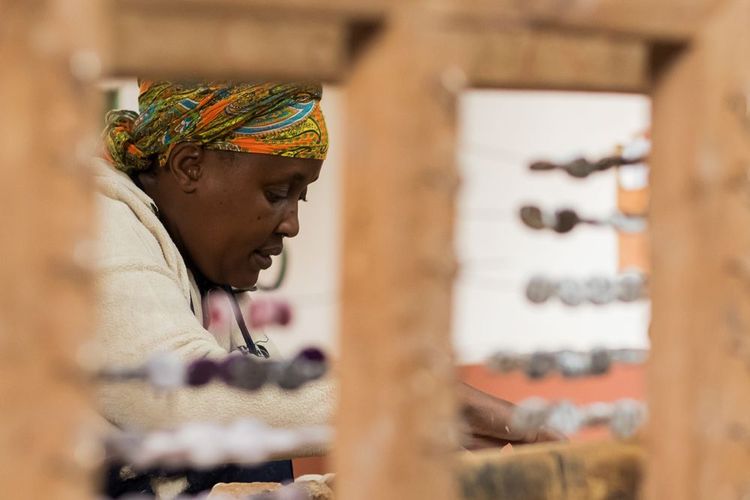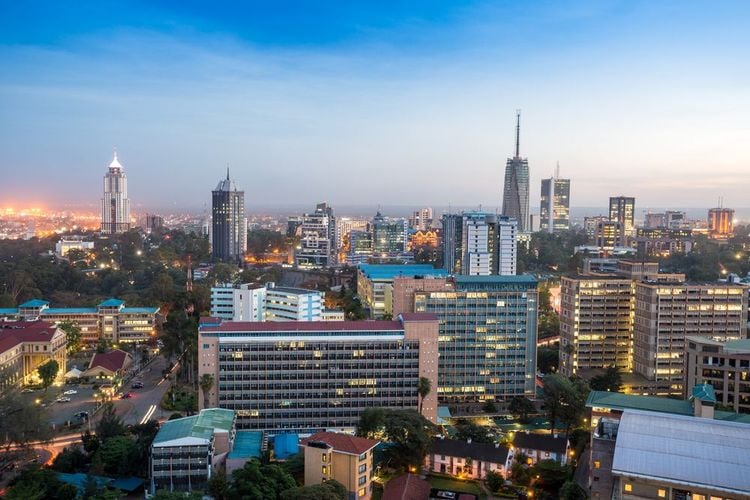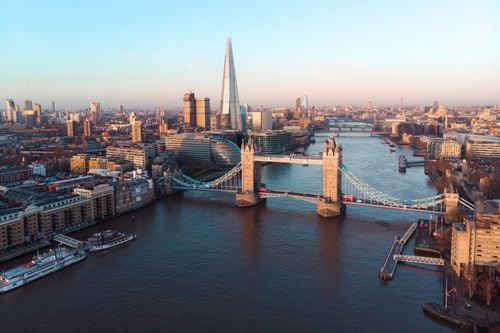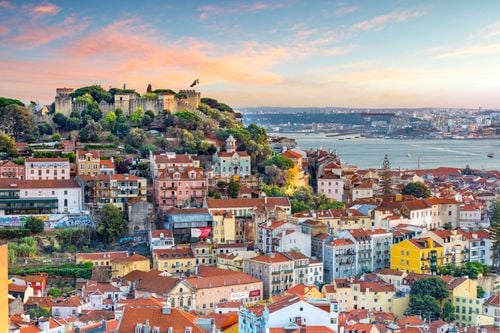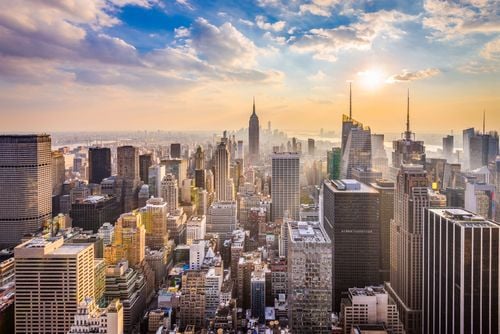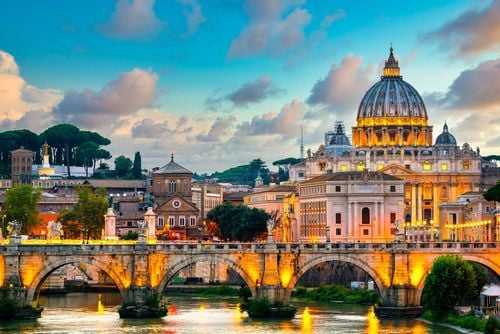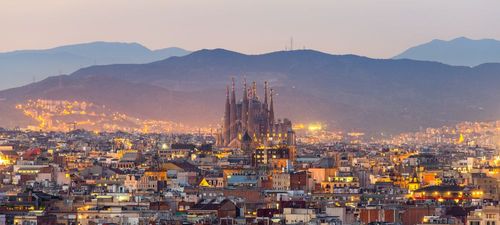The Masai, an ethnic group that is the stuff of dreams for travellers to East Africa. Their lands originally stretched between northern Tanzania and southern Kenya. In the past, they shared their land with the great animals of Africa. It is partly thanks to them that the famous " Big Five " were named, considered by the Maasai warriors to be the most dangerous and difficult to hunt. Buffalo, lion, elephant, rhinoceros and leopard are for them the wild animals that are the most difficult to apprehend. But since the creation of the big game parks in Kenya and Tanzania, the Maasai villages have been driven off their land to the outskirts.
Kenya is, of course, synonymous with safari. Home to large predators and impressive wildlife, Kenya offers an unparalleled adventure. But visiting this country also means taking the time to learn more about its customs, history and culture. In fact, ethnically speaking, it is a country with a very special history. It includes peoples from all parts of the continent. But, contrary to popular belief, these many ethnic groups coexisted peacefully until colonisation, choosing to be complementary rather than adversaries. The traditions specific to each of them endure in the countryside, where bartering in particular is still widely practised. But the best-known tribe in Kenya, if not Africa, remains the Masai people. Before setting off to visit a village, why not take advantage of your stopover in Nairobi to wander around the various Masai markets in the city?
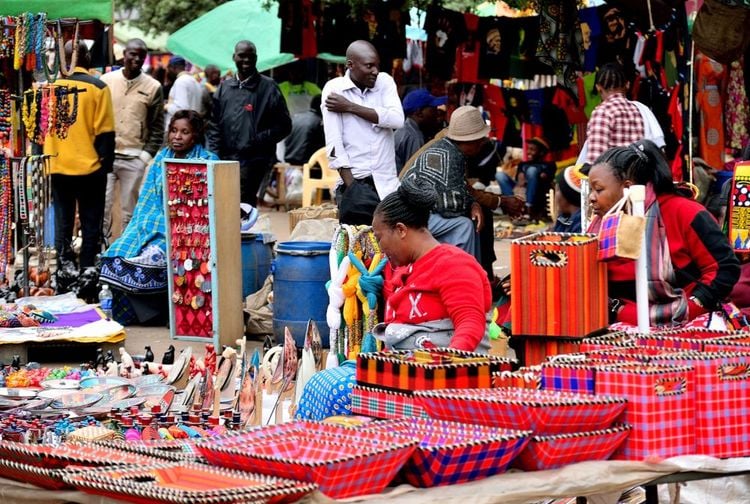
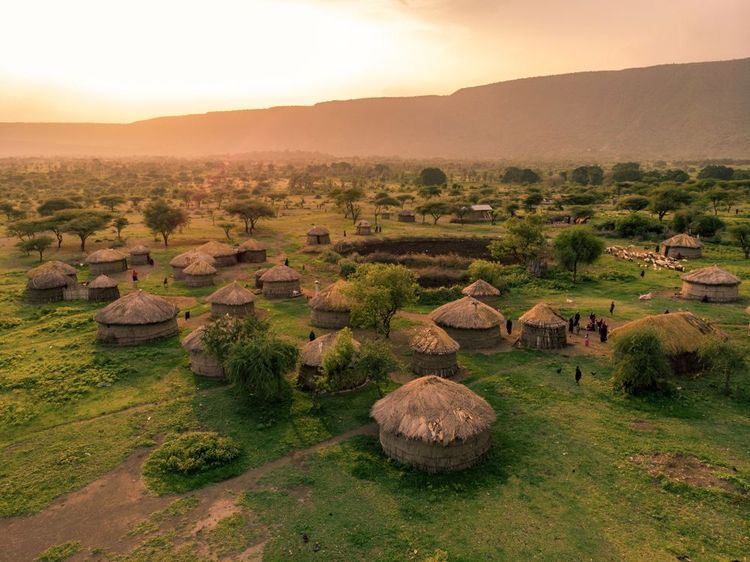
The Masai are a people of pastoralists for whom cattle rearing is of paramount importance. The very foundation of their society, they are said to have been entrusted by their god to look after the animals. They eat very little meat and feed mainly on the milk and blood of their animals. They are able to draw blood from young calves without killing them, thus enabling the village to feed itself. Attached to their age-old traditions, some of them now live in town.
Where to stay in Nairobi?
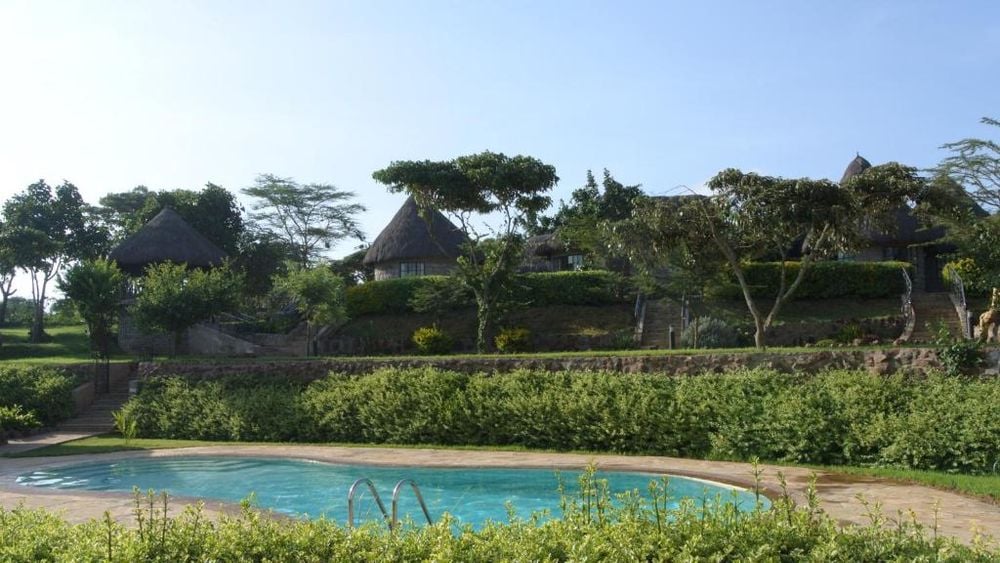 Nairobi
Nairobi
Nyati Hill Cottages
magnificent hotel in NairobiThe Masai are renowned the world over for the beauty of their jewellery and beads. The ornaments are made from glass beads and they assemble them on iron rods, mixing in beads, bits of plastic or even metal chains to make the jewellery sound and look more beautiful.
The creation of necklaces, bracelets and other jewellery is obviously based on the harmony of colours and beauty, but these ornaments are also used to convey messages, particularly blessings. Colours, for example, play a predominant role in this concept, with the combination of black and blue signifying the presence of the divine in the sky.
Jewellery allows villagers to show the state of their finances. Men are also keen on jewellery, and often make it when they go out to pasture with their livestock. On their travels, they find natural materials such as feathers, pits or even dried fruit that they can use to make ornaments.
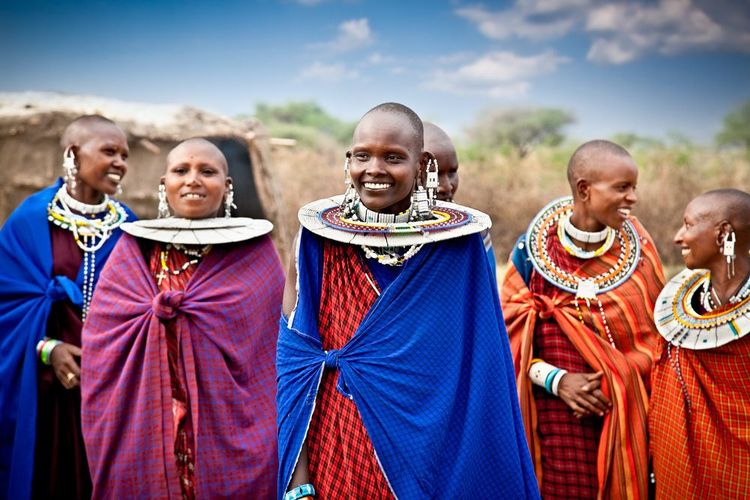
Masai beads are not only used to adorn jewellery. They can also be found on everyday objects such as the "orkila", which is a woman's wedding skirt, the "erap enkaina", which are ornaments worn on men's biceps, the "olbene elontalengo", which are small leather bags containing honey used during traditional ceremonies, or the "enkukuri", which are calabashes used to milk their cows.
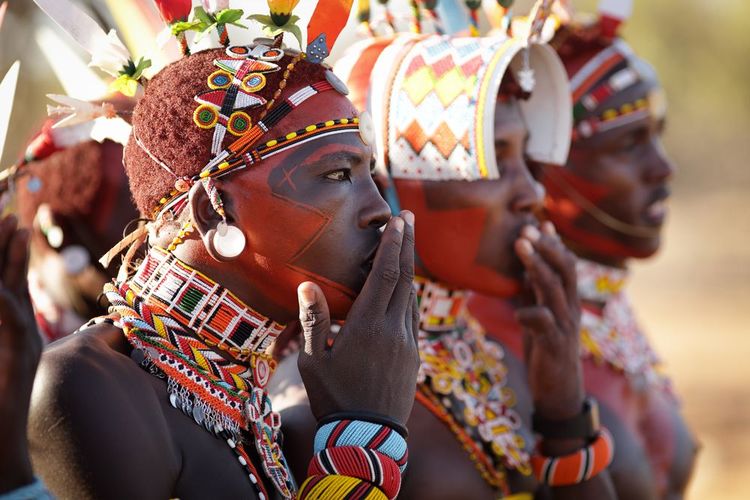
Many travellers want to take home a souvenir of their time in Kenya, and this Masai jewellery is the perfect souvenir of an African adventure. What's more, you can shop directly in a Maasai village if you visit one. But if you don't have the chance, there's nothing to stop you discovering the Masai market in Nairobi. Like its people, the market is nomadic, moving around the city throughout the week. Between 8am and 6pm from Tuesday to Sunday.
On Tuesdays the market takes place at the Prestige Plaza, on Wednesdays in the city centre along Mombassa Road, on Thursdays and Fridays at the Junction Mall, on Saturdays at the High Court car park (opposite the Prestige Palace), and on Sundays at the Yaya Centre car park in Hurlingham.
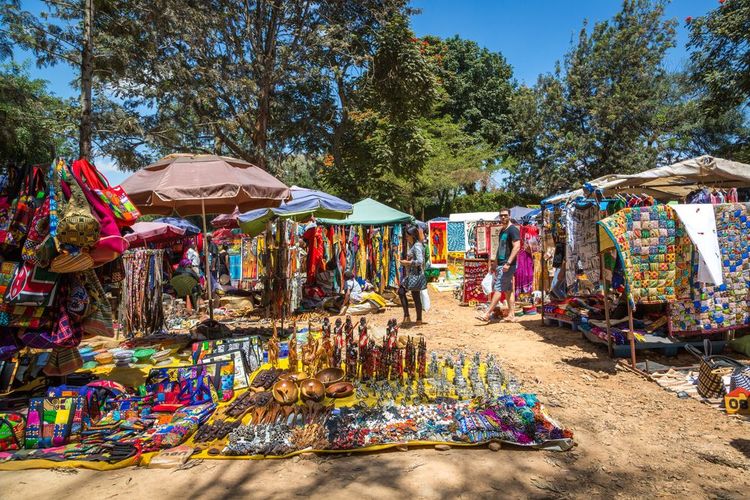
At the market, you'll find a wide variety of Kenyan handicrafts as well as Masai creations. In particular, there are an incredible number of figurines carved from wood. They represent all the animals of the savannah. There are also some very beautiful Masai masks. For painting enthusiasts, Kenyan paintings are very colourful. They mostly depict Masai villages, but also hunting scenes. Don't hesitate to haggle over prices - Kenyans love it!
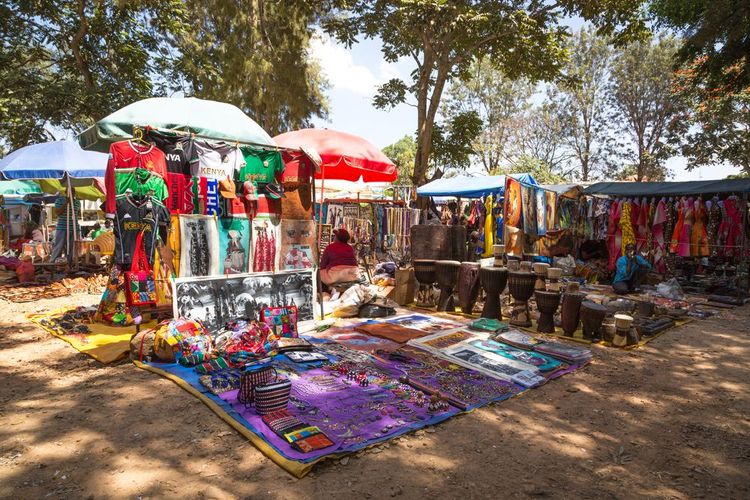
To round off your visit, why not take a trip to the Kazuri workshop in Nairobi. This is a bead and pottery factory made from the earth of Mount Kenya. Originally set up as a cooperative in 1975 to give women a job, you'll find the very heart of Kenyan craftsmanship here, a real Nairobi fair trade success story. The word "Kazuri" means "small and beautiful" in Swahili. Today, the factory employs nearly 300 women (and a few men) and in addition to their local sales, they export over 5 million pearls a year to 20 different countries. A real success story that's well worth a visit.
